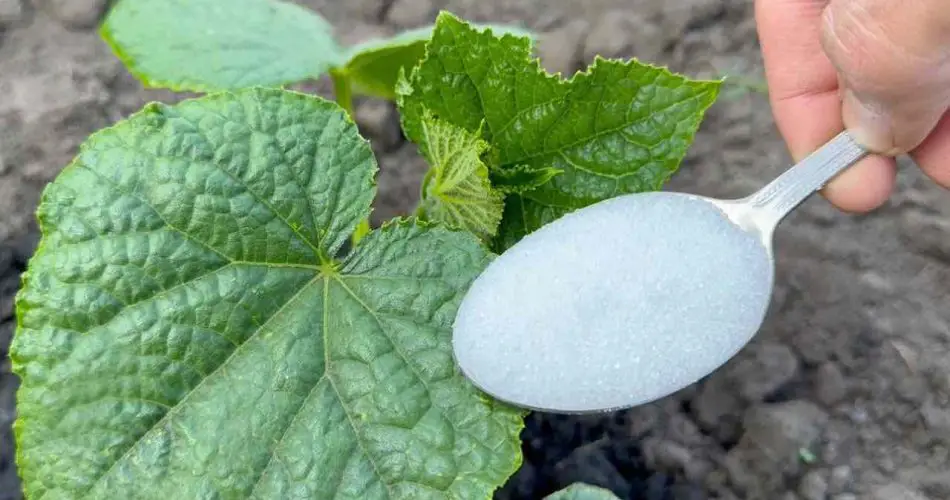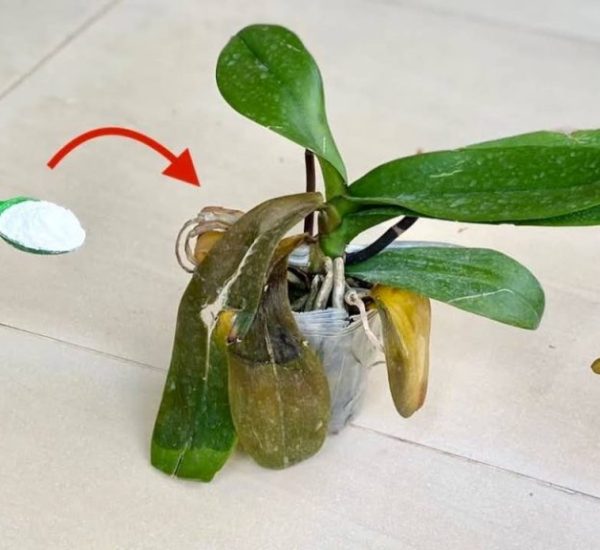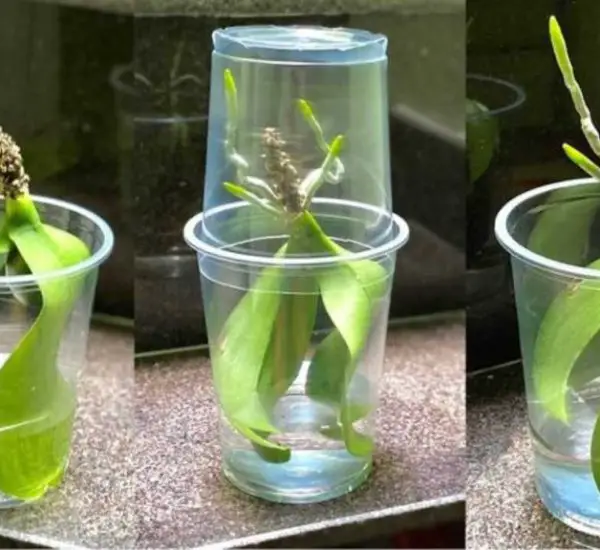Regardless of your garden’s size, whether it’s large or small, there’s a beneficial technique for accelerating the growth of cucumbers and tomatoes that suits it perfectly.

For garden enthusiasts eager to cultivate cucumbers and tomatoes, employing natural growth-boosting techniques is often preferred. A common household item, primarily found in citrus fruits, emerges as a remarkable asset for this purpose. This article will delve into a specific natural substance and demonstrate how a mere teaspoon can significantly enhance the development and productivity of your cucumber and tomato plants.
Boosting Growth of Cucumbers and Tomatoes Naturally
Many gardeners favor natural approaches over chemical fertilizers for plant nurturing. One such natural helper is citric acid. Citric acid is an organic compound abundantly found in citrus fruits like lemons and oranges.
The acidic nature of citric acid is highly beneficial for nurturing cucumbers and tomatoes. Notably, citric acid aids in stimulating plant growth by supplying essential nutrients such as iron and magnesium.

It enhances nutrient absorption, allowing plants to more effectively utilize soil nutrients, thus making them readily available to the roots. Additionally, citric acid acts as a preventative measure, bolstering the plants’ immune systems and increasing their resilience against diseases and pests.
But, how do you create a plant-friendly citric acid mixture? Let’s explore.
Applying Citric Acid Solution to Plants
Creating a citric acid mixture for your plants is surprisingly straightforward. Simply mix a teaspoon of citric acid in one liter of warm water, ensuring the acid fully dissolves.
Once your solution is ready, apply it to the soil surrounding your cucumber and tomato plants. Use either a watering can or spray bottle for even distribution around the root area. Avoid direct application on foliage to prevent sunburn.

This citric acid solution can be applied monthly throughout the plant’s growth period. However, it’s crucial to observe your plants for any adverse reactions. If you notice stress signs or yellowing leaves, stop using the solution and consider diluting it more for future applications.
Be mindful of the citric acid solution’s concentration; too much can harm plant roots. It’s important to couple citric acid application with appropriate watering and plant care for optimal results.
Regularly monitor your plants for growth and productivity enhancements. Keep a record of your observations to tailor the application frequency and dosage.




